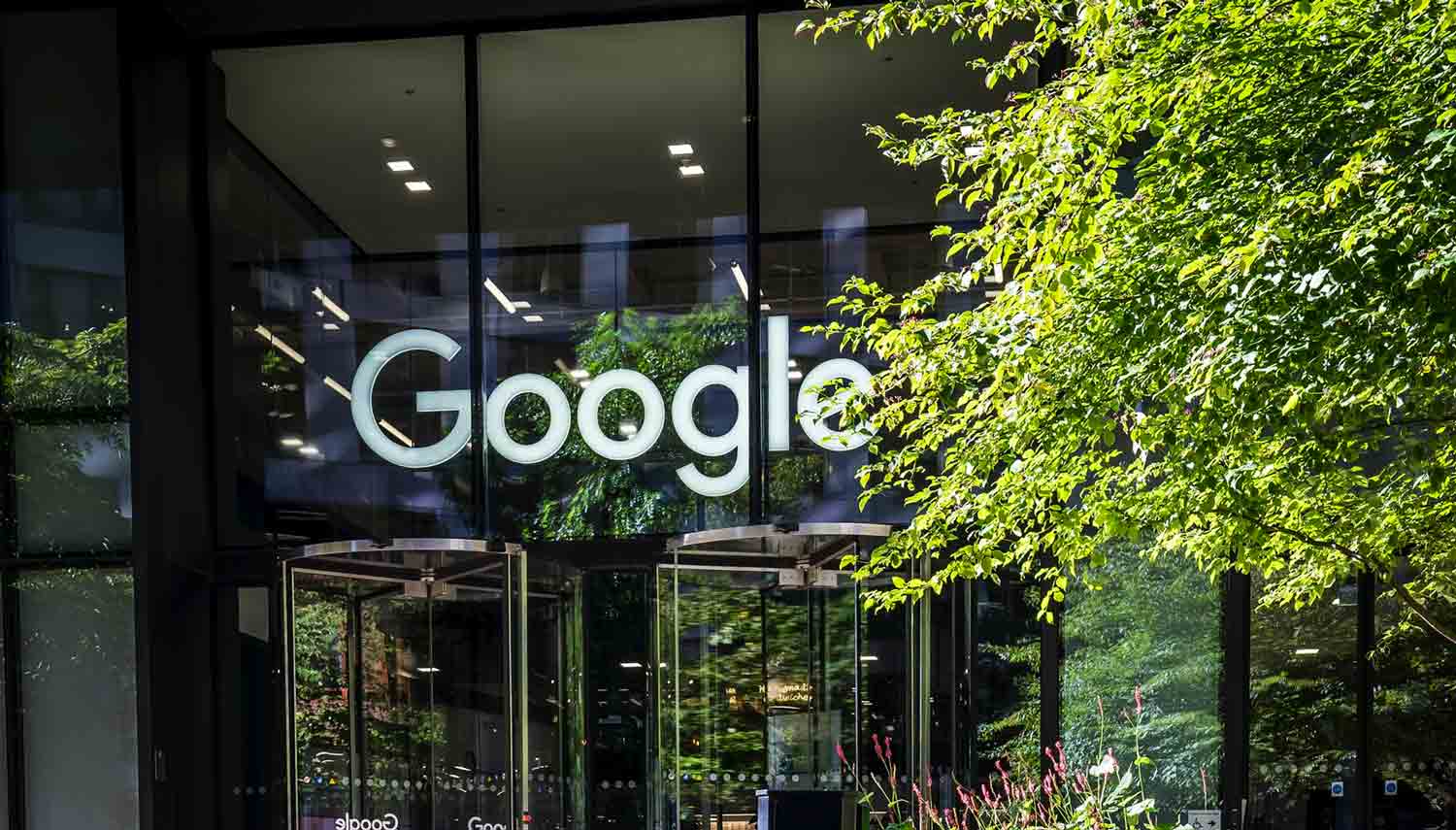

On-page optimization is an integral aspect of SEO, as it involves optimizing individual web pages to rank higher in search engines and drive relevant traffic. Although it’s a complex process that demands effort and time, every step taken towards it is worth it.
To ensure that your website is optimized for success, here are some essential do’s and don’ts of on-page optimization that you should be aware of.
Do’s of On-Page Optimization
1. Strategically Use Keywords
Incorporating relevant keywords in your content can help your website rank higher in search engine results pages (SERPs). It’s recommended to choose keywords that relate to your content and have a high search volume. Keyword stuffing can have a negative effect on your rankings, so ensure that you use them naturally in your content.
2. Optimize Your Title Tags
Title tags are important to help search engines understand your page’s content. Ensure your title tags are unique, descriptive, and under 60 characters long. Be sure to include your target keyword.
3. Optimize Your Meta Descriptions
Meta descriptions are a brief description of your web page’s content that appears on SERPs. They help search engines understand your page’s content. Remember to include your target keyword and ensure that they are unique, descriptive, and under 160 characters long.
4. Optimize Your Headings
Headings are titles that appear on your web page itself. They help search engines understand your page’s content. Ensure they are unique, descriptive, under 60 characters long, and include your target keyword.
5. Optimize Your Images
Optimizing your images for the web can help search engines understand your website’s content. Ensure you include your target keyword in the file name and alt text.
Don’ts of On-Page Optimization
1. Avoid Duplicate Content
Duplicate content can appear on several websites and web pages. Avoid copying and pasting content from other websites as it can negatively affect your rankings.
2. Avoid Using Too Many Keywords
Keyword stuffing can negatively affect your rankings. Choose relevant keywords that relate to your content naturally and have a high search volume.
3. Avoid Creating Low-Quality Content
Low-quality content such as poorly written, spammy, or irrelevant content can lower your rankings. Ensure your content is high-quality, relevant, and focused on your audience.
4. Avoid Using Too Many Ads
Placing too many ads can negatively impact the user experience and lower your rankings. Ensure that your ads don’t disrupt the user experience.
5. Avoid Ignoring Mobile Optimization
More people are using their mobile devices to access the internet. Ensure your website is optimized for mobile users to avoid negatively affecting your rankings.
In Conclusion
On-page optimization is an important aspect of SEO that requires focus and effort. Follow these do’s and don’ts to ensure that your website is optimized for successful rankings in search engines.
Related Posts




